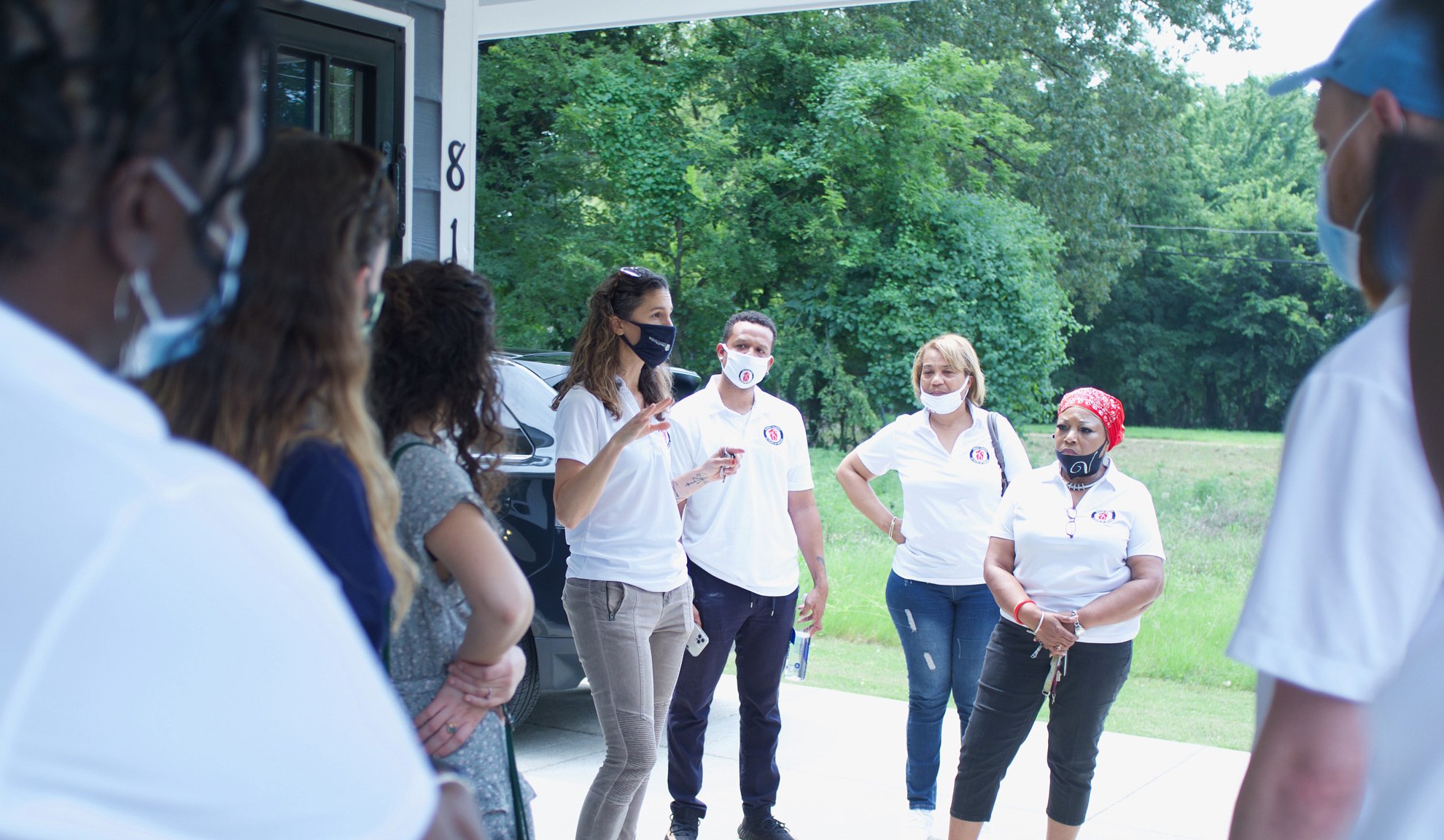
Our Priorities
-
Mission
United Housing provides quality housing opportunities to Mid-South residents through financial coaching, mortgage lending, home building and renovation, and creative partnerships with public, private and nonprofit entities.
-
Vision
Low to moderate income individuals and families, along with other underserved populations in Memphis, Shelby County, and West Tennessee have equal access to quality housing and have the homebuyer education and lending opportunities to obtain affordable and sustainable housing.
History
Founded in 1994 by Tim Bolding as an affiliate of the United Way of the Mid-South and funded through two Hope III grants from the Department of Housing and Urban Development, UHI has continued to leverage grant funds with private financing. In January 2000, UHI was formally incorporated as an independent organization and soon after became part of the Neighborhood Reinvestment Corporation’s NeighborWorks ® America Network. Through NRC, UHI is linked to a national network of more than 230 local nonprofit organizations working to revitalize America’s declining neighborhoods by supporting homeownership and preserving housing that is affordable to low-to-moderate-income families.
We are dedicated to building equitable neighborhoods through housing stability, neighborhood affordability preservation, and healthy housing.
Preserving Affordable Housing
Access to affordable, stable and quality housing is a human right. It is essential to neighborhood financial stability. At United Housing, ensuring access to affordable housing for all Memphians drives our work. This work in partnership with other local nonprofits, neighborhood associations and local government focuses on:
Increasing affordable, quality housing inventory in Memphis and Shelby County by ensuring access to financing to buying quality homes and financing to needed home rehab.
Neighborhood affordability is preserved through access to comfortable, safe, affordable houses and through working with neighborhood partnerships like Community Land Trusts.
Residents of affordable neighborhoods are protected from displacement due to gentrification, rising home sales costs or rising rent.
United Housing Executive Director, Amy Schaftlein, serves as Chair to the Affordable Housing Work Group – a policy group with BLDG Memphis that advocates to increase resources for building and rehabbing affordable housing units for renters and homeowners in Memphis.
Resources on Preserving Affordable Housing
Memphis Affordable Housing Trust Fund
Fighting Predatory Lending in Tennessee: A Simple Strategy for Cities and Counties
National Shortage of Affordable Rental Housing – the National Low Income Housing Coalition
The State of Memphis Housing 2020 Report: Rising to Respond to Crisis
Closing the Racial Homeownership Gap
We are committed to making affordable homeownership a reality for Mid-South residents. Homeownership is a key piece to building stability across so many areas, including education, health, employment and economic well-being for cities. We know there are discriminatory housing practices that continue to create barriers to affordable housing for Black and Brown communities. The current homeownership rate for Black Memphians is 35%, the lowest since the Fair Housing Act of 1968. Becoming a homeowner is crucial in building generational wealth and in closing the racial wealth gap. Our work supports residents on their journey toward financial wellness and empowerment through homeownership.
Resources on Homeownership Equality:
Watch Housing Segregation and Redlining in America: A Short History
“If America is Going to Address Housing Affordability, It Needs to Increase Access to Homeownership" - Urban Institute 8/9/2021
Affordable Housing White Paper, Presented by BLDG Memphis, 2020
The National Community Reinvestment Coalition Fair Lending Report – Shelby, County, TN
Healthy Homes
To invest in affordable housing not only has financial benefits for both residents and government, it has environmental and health benefits as well. Essential home enhancements such as improving ventilation, securing insulation, providing adequate heating and cooling systems, sealing leaky roofs/windows/doors, and other repairs are crucial for a family’s health. However, homes with major home repair needs create health hazards to residents.
Indoor air contaminants such as mold due to lack of ventilation can cause chronic respiratory illnesses like childhood asthma. Risk of respiratory infections or stroke can occur for home that lack of air conditioning or heating. Aside from physical health, housing also impacts emotional and mental health. A house that lacks proper insulation leads to higher utility bills which leaves families with higher cost burdens.
Our work in making sure homes are healthy for renters and homeowners focuses on:
Increasing funding available for home repairs and energy efficient homes for homeowners and renters.
Increasing education around health benefits to housing and education on home maintenance for residents.
Ensuring home construction projects are weatherized and compliant with Memphis Light Gas and Water Eco-Build standards to reduce utility bill costs for residents.
